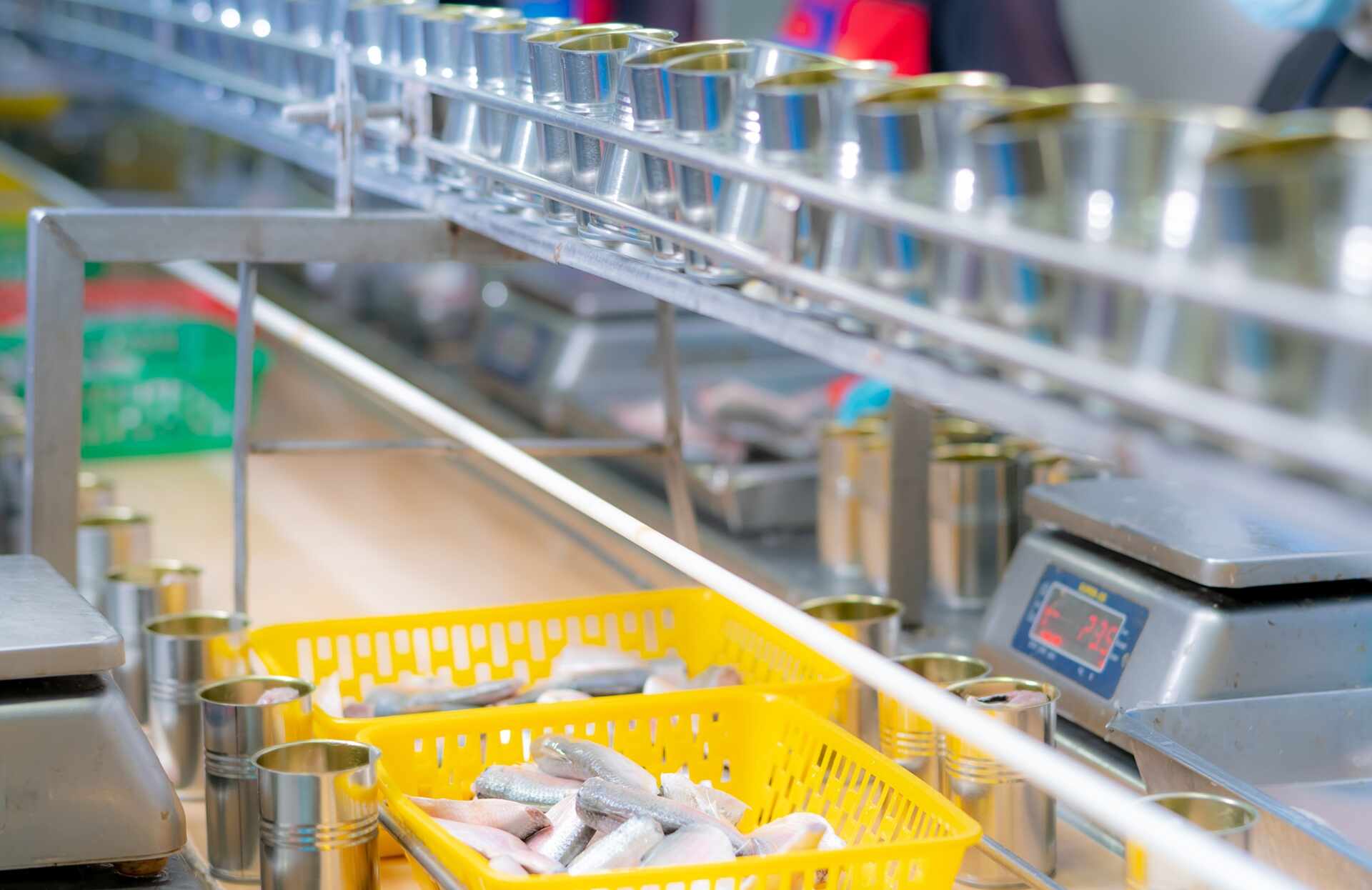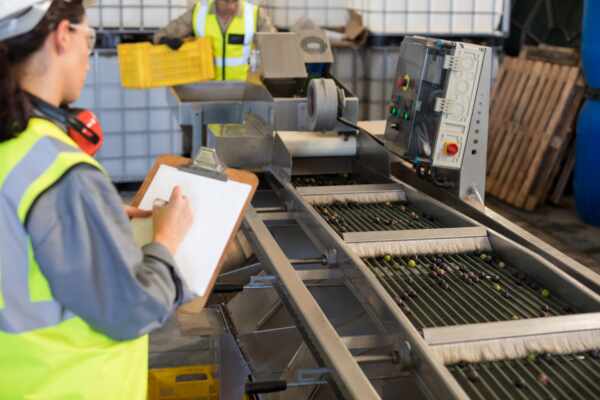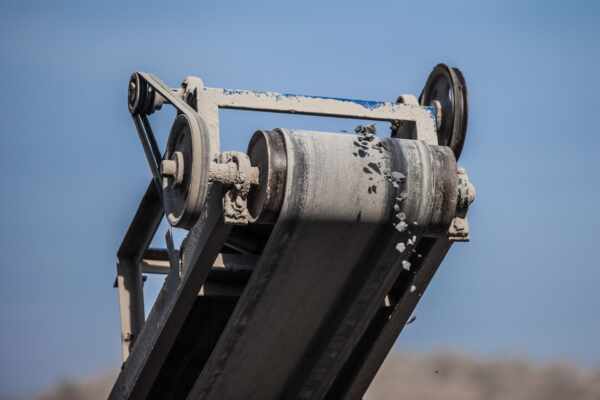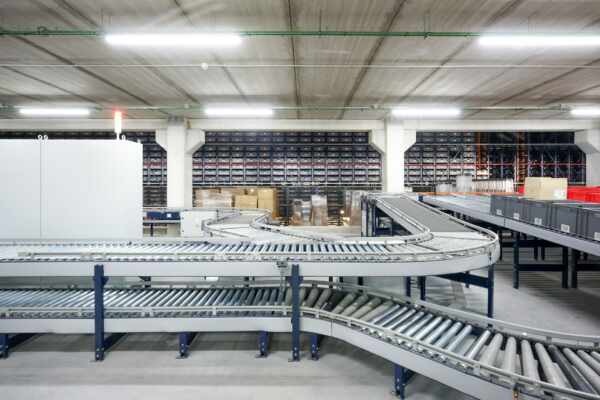In food manufacturing, streamlining production processes and maximising efficiency are essential for maintaining competitiveness and profitability. One key area that can significantly impact efficiency is the conveyor belt system, which plays a vital role in moving products seamlessly through the manufacturing process. By implementing customised conveyor belt systems tailored to your food manufacturing operation’s specific needs, you can optimise performance, improve product handling, and ensure compliance with food safety regulations.
In this article, we will delve into the advantages of customised conveyor belt systems in food manufacturing, exploring how the right configurations, materials, and design features can significantly enhance efficiency, hygiene, and overall productivity. From modular and adaptable designs to easy-to-clean materials and food-grade compliance, a tailor-made conveyor belt solution can address the unique challenges faced by food manufacturers, ensuring your operation stays ahead in a constantly evolving market.
The Advantages of Modular and Adaptable Conveyor System Designs
Investing in a modular and adaptable conveyor system design for your food manufacturing operation offers several benefits that enhance efficiency and productivity:
1. Scalability: Customised conveyor systems with modular components can be easily scaled up or down as your production requirements change, providing flexibility in adapting to evolving market demands.
2. Layout Optimisation: Modular designs allow for precision-engineered conveyor belt system layouts, maximising available space and accommodating the unique needs of your food manufacturing facility. This optimisation translates to more effective use of floor space and increased productivity.
3. Easy Integration: Adaptable conveyor belt systems can be seamlessly integrated with your existing manufacturing equipment or infrastructure, minimising disruptions to your production process.
4. Tailored Performance: Customised conveyor belt systems can be designed to address the specific performance requirements of your food manufacturing operation. This includes factors such as speed, load capacities and product containment, ensuring optimal performance and reduced waste.
Selecting the Right Conveyor Belt Materials for Food Manufacturing
The proper selection of conveyor belt materials is crucial when designing a customised system for food manufacturing. Consider the following factors when evaluating the ideal material for your operation:
1. Food-Grade Compliance: Choose materials that comply with food safety regulations and are specifically designed for food manufacturing applications. This ensures that your conveyor belt system meets stringent hygiene and safety standards, preventing issues that could jeopardise your operation’s reputation.
2. Durability and Resistance: Opt for materials that provide durability and resistance against wear, chemical exposure, moisture, and extreme temperatures. This ensures a long-lasting and reliable conveyor belt system, reducing the frequency of maintenance or replacement requirements.
3. Ease of Cleaning: Select materials that facilitate efficient cleaning and sanitation processes, minimising the risk of bacterial growth, cross-contamination, or product recalls.
4. Friction and Traction: Evaluate materials that offer the right balance between friction and traction, ensuring secure transportation of products while avoiding excessive pressures on the conveyor system.
Incorporating Customised Design Features for Enhanced Hygiene
Incorporating customised design features that prioritise hygiene is crucial for food manufacturing conveyor belt systems. These design considerations can help minimise contamination risks and maintain food safety compliance:
1. Minimise Seams and Joints: Seams and joints provide a potential breeding ground for bacteria. Customised conveyor belt designs can minimise these areas, making surfaces easier to clean and reducing the risk of contamination.
2. Drainage and Ventilation: Customised conveyor system designs can be tailored to include features that promote adequate drainage and ventilation, reducing moisture build-up and preventing bacterial growth.
3. Quick-Release Components: Incorporating quick-release components simplifies disassembly, making it easier to perform deep-cleaning and sanitation procedures on your conveyor belt system when required.
4. Non-Stick Surfaces: Investing in conveyor belt materials with non-stick properties can be beneficial for specific food manufacturing applications, reducing residue build-up and lowering the likelihood of contamination.
Evaluating Your Customised Conveyor Belt System ROI
As with any investment in food manufacturing equipment, determining the return on investment (ROI) for your customised conveyor belt system is essential. Some key factors to consider when evaluating your ROI include:
1. Increased Productivity: Evaluate the impact of a customised conveyor belt system on improving your operation’s throughput or production speed. Increased productivity equals higher revenue generation in many cases.
2. Reduced Downtime: Calculate the potential decrease in downtime due to streamlined maintenance or a more reliable conveyor belt system. Reduced downtime results in increased manufacturing output and lower maintenance costs.
3. Improved Food Safety Compliance: Assess the impact of a customised conveyor belt design on maintaining and improving your operation’s food safety compliance. Non-compliance can lead to costly product recalls, reputational damage, and lost revenue.
4. Longevity: Take into account the expected longevity of your customised conveyor belt system, factoring in the quality of materials, construction, and maintenance requirements.
Conclusion
Implementing a customised conveyor belt system in your food manufacturing operation can provide a significant return on investment by boosting efficiency, hygiene, and productivity. With modular, adaptable designs, tailored material choices, and carefully considered design features, a customised conveyor system can optimise your food manufacturing process, helping you stay competitive in the ever-evolving market.
Partner with Change Parts Pty Ltd for unparalleled expertise in creating customised conveyor belts that elevate your food manufacturing operation. Share your unique requirements with our experienced team, and together, let’s create a conveyor solution that drives success.




